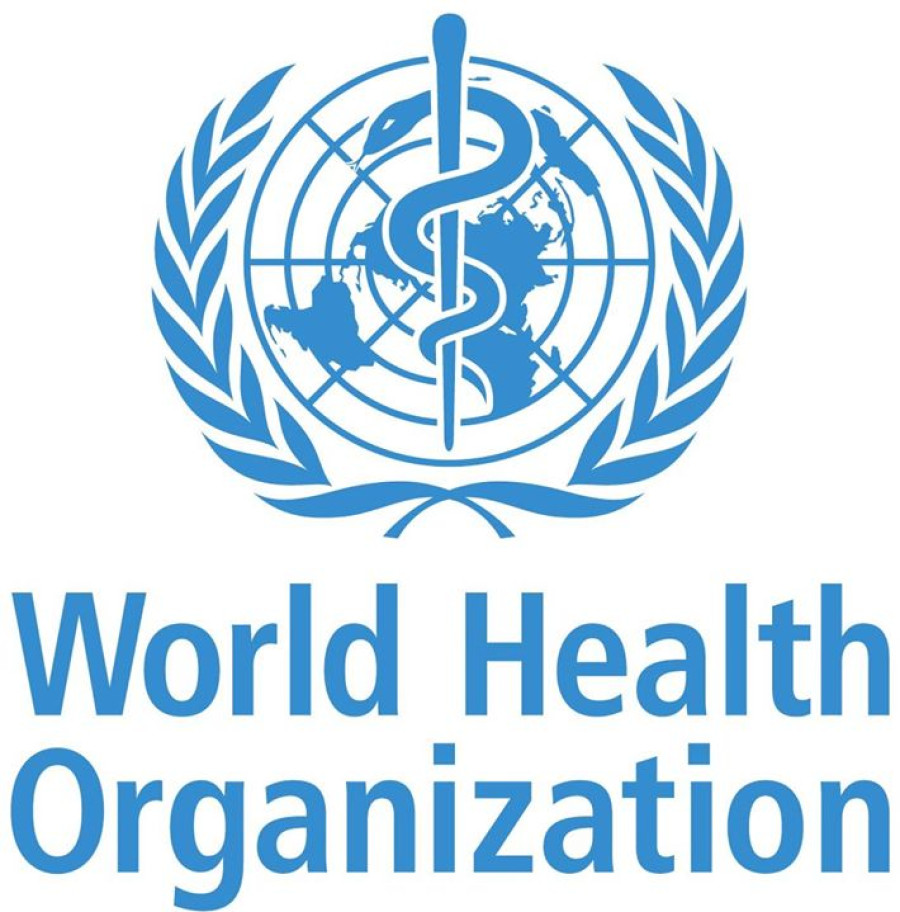National
UN health agency alerts Health Ministry about the risk of transmission of a new strain of coronavirus
The new strain of coronavirus was first detected in the Wuhan city of China.
Arjun Poudel
At least one person has died of respiratory failure and more than 40 others suffered a pneumonia-like illness caused by a new strain of coronavirus last week.
It is not immediately clear how and where the new strain of the virus originated.
"The UN health agency has alerted us to take precautionary measures to prevent the possible transmission of the deadly virus in our country," Dr Bibek Kumar Lal, director at Epidemiology and Disease Control Division, told the Post. "We are at high risk of deadly disease, as China is our neighbouring country and the flow of tourists from China is very high."
Coronavirus is from a large family of viruses with some causing a less-severe disease, such as the common cold and others more severe diseases such as the Middle East Respiratory Syndrome (MERS) and Severe Acute Respiratory Syndrome (SARS), according to the WHO.
Globally, novel coronaviruses emerge periodically in different areas, including SARS in 2002 and MERS in 2012. The outbreak in the Chinese city of Wuhan is reported to be linked to a large seafood and animal market, suggesting a possible zoonotic origin to the outbreak.
"We have no health workers to quarantine suspected cases at the Tribhuvan International Airport or at any land crossings," Lal added. "We have been urging the Health Ministry for a long time to deploy human resources, but to no avail."
Of the nine health desks—one at the Tribhuvan International Airport and eight at the land crossings, none are functional due to a staff crunch. Those health desks are also lacking in infrastructure facilities such as thermal imaging cameras, infrared thermometers to check the temperatures of the travellers, sufficient personnel protective gears, isolation facilities and trained human resources to handle the suspicious cases, according to Lal.
Some health workers, who were trained to quarantine commuters at the time of the Ebola virus outbreak in Africa in 2014, were transferred to local levels. The division has prepared a guideline for screening passengers at the entry points, taking the help of the WHO’s country office in Nepal, but due to a lack of trained human resources in those desks, the guideline is yet to be implemented.
Meanwhile, the Health Ministry on Sunday held a meeting with the Department of Immigration about the risk of arrivals of infected people and the possible ways to control the virus spread. "We held a meeting with the director-general of the Department of Immigration today and discussed the security measures," Secretary for Health Khaga Raj Baral told the Post. "We are also working to depute health workers at those health desks at the earliest."
Nepal is highly vulnerable to several deadly coronaviruses like MERSD and SARS, as hundreds of thousands of Nepali migrant workers have been serving in the Middle East and South Korea, where these viruses are common. As well, more than 1 million foreign tourists visit the country every year.
Additionally, hundreds of peacekeepers from the Nepal Army, Armed Police Force and Nepal Police have been serving in the African countries affected by the deadly Ebola virus. Those peacekeepers have been entering the country without any health screening for a long time.
The WHO says high visitor traffic can play a critical role in the spread of deadly diseases internationally.




 22.12°C Kathmandu
22.12°C Kathmandu













